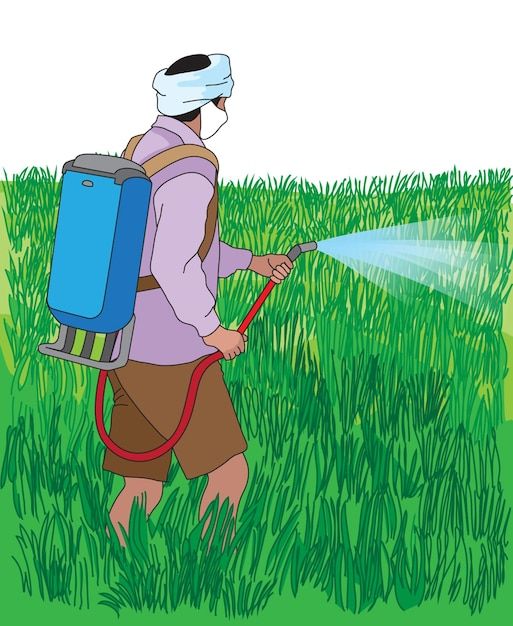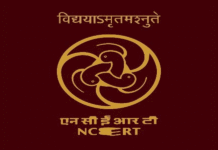Sri Vijaya Puram: Farmers across the Andaman and Nicobar Islands have raised an urgent alarm over the prolonged shortage of essential fertilizers and pesticides, warning that the issue could severely disrupt local food production and undermine the fragile livelihoods of cultivators and working-class consumers. In a formal letter addressed to the Chief Secretary of the A&N Administration, received in June, a collective of cultivators described the deepening crisis in accessing chemical inputs like urea, di-ammonium phosphate (DAP), superphosphate, muriate of potash (MOP), as well as basic insecticides and fungicides required for Integrated Pest Management (IPM).
The appeal, dated May 31, reflects rising anxiety in the agricultural community that has already been battling erratic weather, declining soil fertility, pest outbreaks, and soaring production costs. Farmers say they have been unable to access chemical inputs for the last six months, resulting in significant setbacks during peak sowing periods. The letter highlights that the farming community in the islands comprises largely second and third-generation families of post-Partition refugees who, through hard work over generations, have only recently begun achieving some measure of economic stability. This progress now stands threatened.
Adding to their concerns is what they describe as a quiet shift in policy. At recent area-level meetings organised by the Agriculture Department, officials were reportedly registering only those farmers who requested organic inputs like neem oil and fruit-peel solutions, while leaving out those who asked for conventional chemical fertilizers. This has led to speculation that the administration may be preparing to declare the islands an entirely organic farming zone. Farmers warn that such a decision, if implemented without preparation, could drastically cut vegetable production by as much as 8 to 10 times, and open the door to large-scale imports of non-organic vegetables from the mainland. This, they argue, would not only make vegetables more expensive but would also hand control of the local food economy to private traders and external suppliers.
The letter draws comparisons with past examples of failed organic transitions, citing Sri Lanka’s fertilizer ban as a cautionary tale that led to widespread crop failures and food shortages. It also references the 2017 declaration of Car Nicobar and Nancowry as organic zones, claiming that the move has not resulted in any significant or sustained production improvements. The farmers argue that while sustainable agriculture is an important goal, the absence of a scientific, inclusive, and region-sensitive transition plan could prove disastrous. The geographical challenges of the Andaman Islands, such as steep, ascending terrain, poor soil structure, saline winds, and poor connectivity with the mainland, already limit their capacity to compete with better-connected markets. Taking away chemical support without alternatives would only add to their burden.
In their letter, the farmers have urged the administration to ensure the immediate and uninterrupted supply of key fertilizers and pest control substances. They also demand that agriculture supply depots be reopened at every Gram Panchayat to make access easier and more timely, especially for small-scale and marginal farmers. Another major concern voiced in the appeal is the lack of formal recognition for lease-based cultivators. Farmers have asked that the Agriculture Department issue identity cards to those tilling leased land so they can avail benefits and services on par with land-owning farmers.
The petition closes with a strong reminder of the consequences of ignoring the ground realities of farming in the islands. It calls for policies that are science-led, farmer-consulted, and economically balanced, warning that top-down impositions without grassroots engagement risk jeopardising not only the livelihoods of cultivators but also the food security of thousands of island residents. As monsoon patterns continue to fluctuate and input availability remains uncertain, the letter urges the administration to respond before the next cropping cycle is irreparably impacted.





